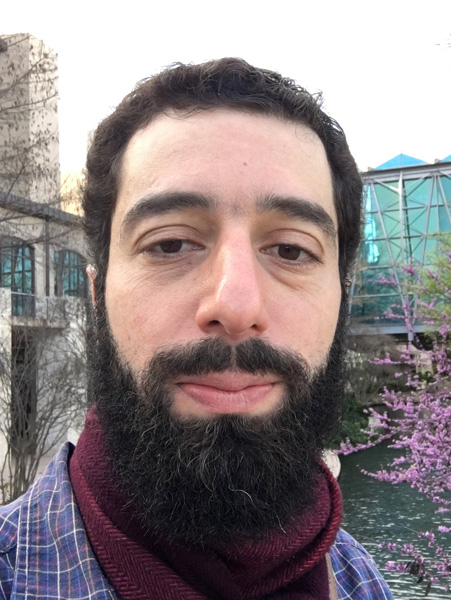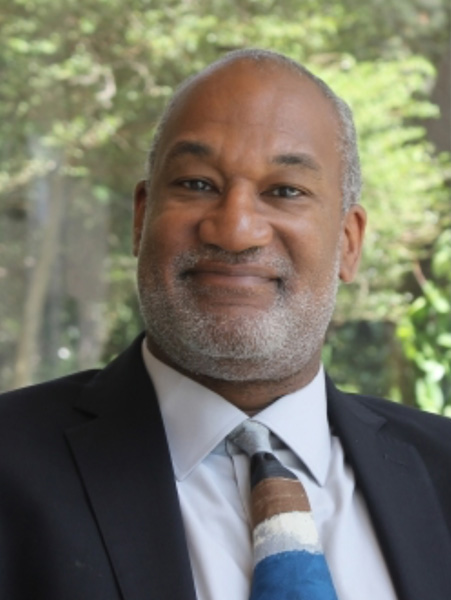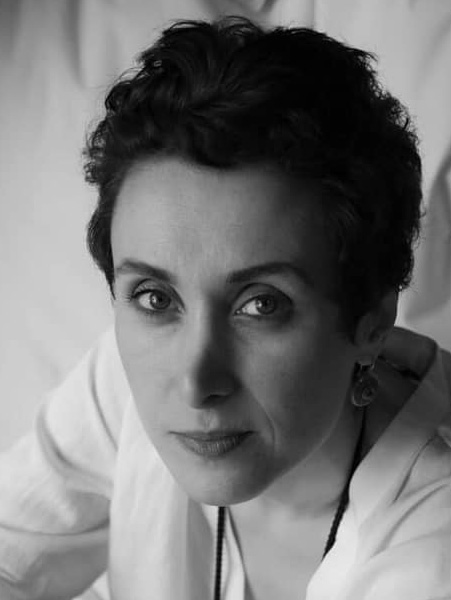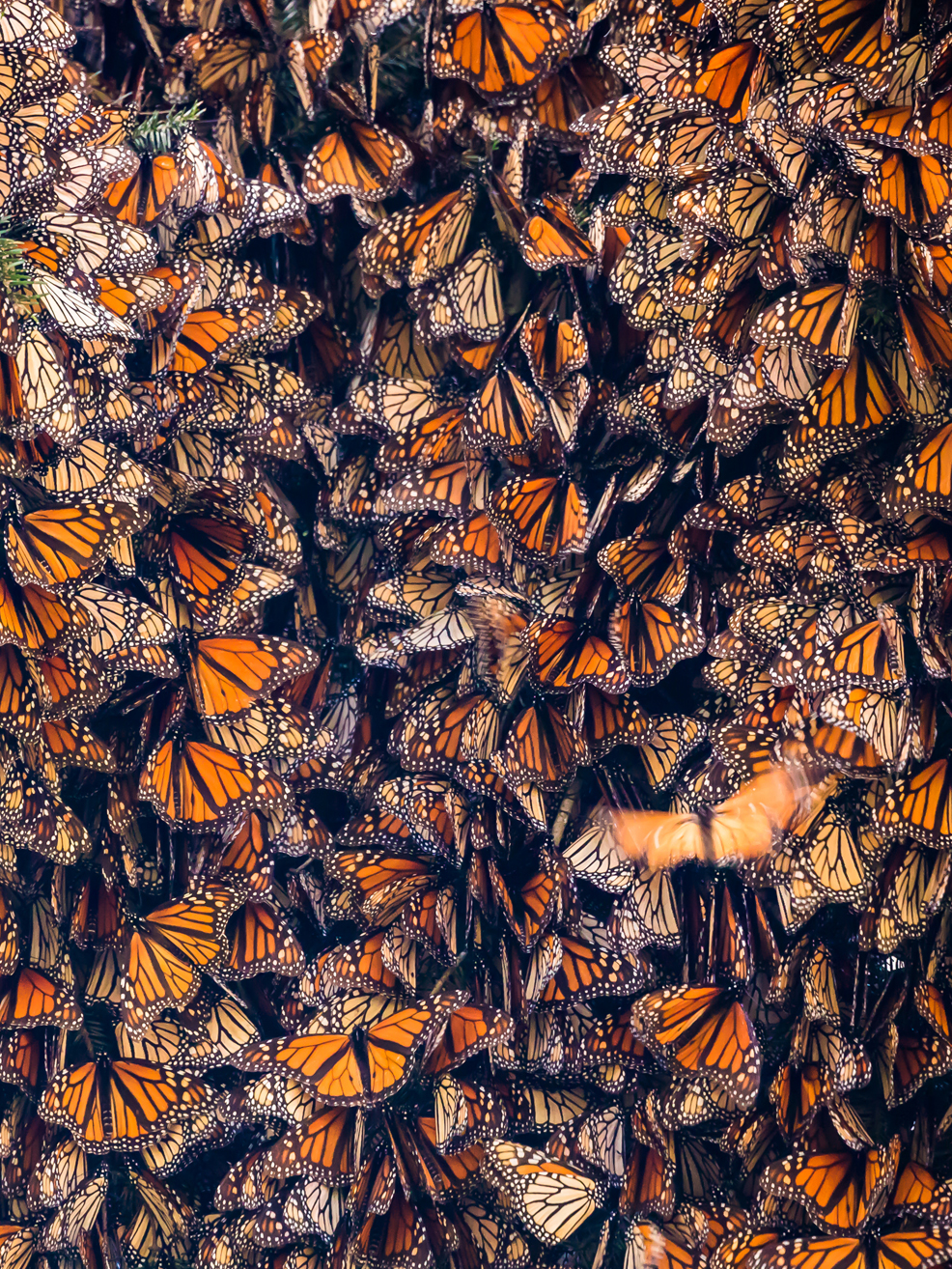Presented in collaboration with Kelly Writers House
Perhaps no other art allows us to appreciate the complexity of migration more so than poetry. A poem can illuminate not only the structural forces that bring about the mass movement of people, but also the individual experiences and personal feelings that migrants contend with—be they sorrow and joy, longing and belonging, anxiety and excitement, all of which can cohere in a poem. Please join us as four outstanding poets, Ahmad Almallah, Herman Beavers, Fatemeh Shams, and Lyrae Van Clief-Stefanon read works that reflect on an enduring feature of the human experience, migration.
Cosponsored by Penn's Departments of English and Near Eastern Languages & Civilizations; Middle East Center; and Kislak Center for Special Collections, Rare Books and Manuscripts.
 Ahmad Almallah is a poet from Palestine. His first book of poems Bitter English is now available in the Phoenix Poets Series from the University of Chicago Press. Some of his poems and other writing appeared in Jacket2, Apiary, SAND, Michigan Quarterly Review, Cordite Poetry Review, Birmingham Poetry Review, Great River Review, Kenyon Review and forthcoming in American Poetry Review and Poetry. He is currently an artist-in-residence in Creative Writing at the University of Pennsylvania.
Ahmad Almallah is a poet from Palestine. His first book of poems Bitter English is now available in the Phoenix Poets Series from the University of Chicago Press. Some of his poems and other writing appeared in Jacket2, Apiary, SAND, Michigan Quarterly Review, Cordite Poetry Review, Birmingham Poetry Review, Great River Review, Kenyon Review and forthcoming in American Poetry Review and Poetry. He is currently an artist-in-residence in Creative Writing at the University of Pennsylvania.
 Herman Beavers is the Julie Beren Platt and Marc E. Platt President’s Distinguished Professor of English and Africana Studies at the University of Pennsylvania. He teaches courses in 20th Century and contemporary African American literature and creative writing. His most recent poems have appeared in The Langston Hughes Colloquy, MELUS, Versadelphia, Cleaver Magazine, The American Arts Quarterly, and Supplement. His poems have been anthologized in The 2014 (and 2020) Moonstone Anthology of Featured Poets, Obsession: Sestinas for the Twenty-First Century, We Real Cool: Philadelphia Celebrates Gwendolyn Brooks, Who Will Speak for America? and Show Us Your Papers. His chapbook, Obsidian Blues, was published in May 2017 as part of Agape Edition’s Morning House Chapbook Series. His latest chapbook The Vernell Poems was published by Moonstone Press in 2019. His scholarly monograph, Geography and the Political Imaginary in the Novels of Toni Morrison (Palgrave) was published in 2018. He is also the co-editor, with John W. Lowe, of Approaches to Teaching Gaines’ The Autobiography of Miss Jane Pittman and Other Works (Modern Language Association). He also serves as an advisory editor for The African American Review, The Black Scholar, The Journal of Black Studies, The Langston Hughes Review, and Modern Fiction Studies.
Herman Beavers is the Julie Beren Platt and Marc E. Platt President’s Distinguished Professor of English and Africana Studies at the University of Pennsylvania. He teaches courses in 20th Century and contemporary African American literature and creative writing. His most recent poems have appeared in The Langston Hughes Colloquy, MELUS, Versadelphia, Cleaver Magazine, The American Arts Quarterly, and Supplement. His poems have been anthologized in The 2014 (and 2020) Moonstone Anthology of Featured Poets, Obsession: Sestinas for the Twenty-First Century, We Real Cool: Philadelphia Celebrates Gwendolyn Brooks, Who Will Speak for America? and Show Us Your Papers. His chapbook, Obsidian Blues, was published in May 2017 as part of Agape Edition’s Morning House Chapbook Series. His latest chapbook The Vernell Poems was published by Moonstone Press in 2019. His scholarly monograph, Geography and the Political Imaginary in the Novels of Toni Morrison (Palgrave) was published in 2018. He is also the co-editor, with John W. Lowe, of Approaches to Teaching Gaines’ The Autobiography of Miss Jane Pittman and Other Works (Modern Language Association). He also serves as an advisory editor for The African American Review, The Black Scholar, The Journal of Black Studies, The Langston Hughes Review, and Modern Fiction Studies.
 Fatemeh Shams is an internationally acclaimed poet with three poetry collections, When they Broke Down the Door (2016), Writing in the Mist (2014), and 88 (2012). Her third bilingual book of poems, won the Latifeh Yarshater annual book award in 2017. Some of her poems appeared in the London Poetry Magazine, Penguin Anthology, Michigan Quarterly, Jacket 2, Penn Sound, Exiled Writers Magazine, Iran’s Writers Association in Exile, Poetry Foundation, PBS, Life and Legends, MPT Magazine, and World Literature. Her poems have been translated to German, Kurdish, and Arabic. She holds a Ph.D. in Oriental Studies from Oxford University and currently serves as the assistant professor of Modern Persian Literature at the University of Pennsylvania.
Fatemeh Shams is an internationally acclaimed poet with three poetry collections, When they Broke Down the Door (2016), Writing in the Mist (2014), and 88 (2012). Her third bilingual book of poems, won the Latifeh Yarshater annual book award in 2017. Some of her poems appeared in the London Poetry Magazine, Penguin Anthology, Michigan Quarterly, Jacket 2, Penn Sound, Exiled Writers Magazine, Iran’s Writers Association in Exile, Poetry Foundation, PBS, Life and Legends, MPT Magazine, and World Literature. Her poems have been translated to German, Kurdish, and Arabic. She holds a Ph.D. in Oriental Studies from Oxford University and currently serves as the assistant professor of Modern Persian Literature at the University of Pennsylvania.
 Lyrae Van Clief-Stefanon is the author of Open Interval, a 2009 finalist for the National Book Award and the LA Times Book Prize, and Black Swan, winner of the 2001 Cave Canem Poetry Prize, as well as the chapbooks Leading with a Naked Body with Leela Chantrelle and Poems in Conversation and a Conversation with Elizabeth Alexander. She has been awarded fellowships from Cave Canem, the Lannan Foundation, and Civitella Ranieri. She has written plays and lyrics for The Cherry, an Ithaca arts collective, and in 2018, her work was featured in Courage Everywhere, celebrating women’s suffrage and the fight for political equality, at National Theatre London.
Lyrae Van Clief-Stefanon is the author of Open Interval, a 2009 finalist for the National Book Award and the LA Times Book Prize, and Black Swan, winner of the 2001 Cave Canem Poetry Prize, as well as the chapbooks Leading with a Naked Body with Leela Chantrelle and Poems in Conversation and a Conversation with Elizabeth Alexander. She has been awarded fellowships from Cave Canem, the Lannan Foundation, and Civitella Ranieri. She has written plays and lyrics for The Cherry, an Ithaca arts collective, and in 2018, her work was featured in Courage Everywhere, celebrating women’s suffrage and the fight for political equality, at National Theatre London.



